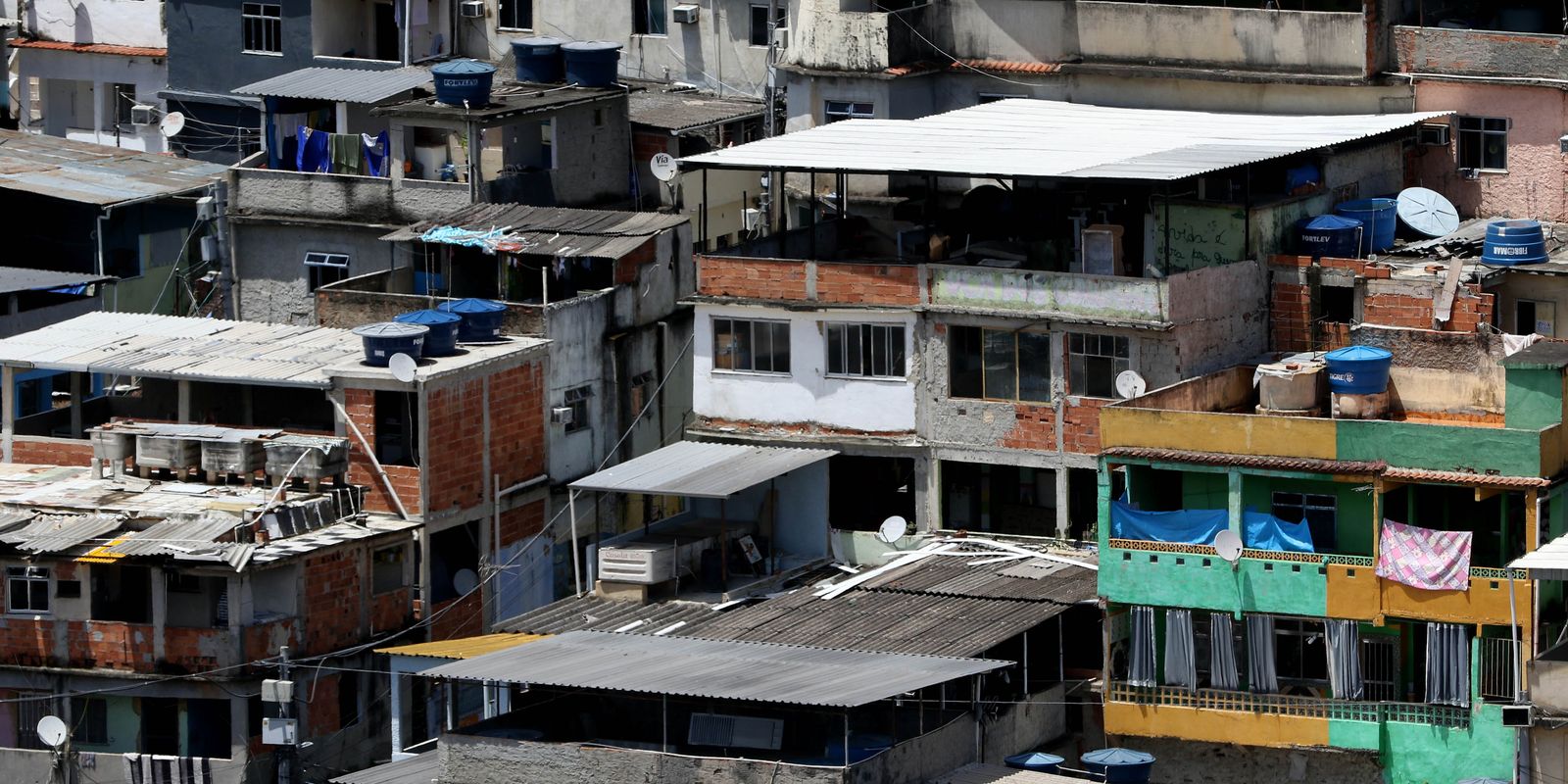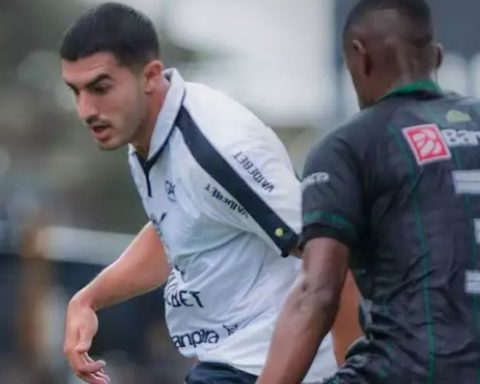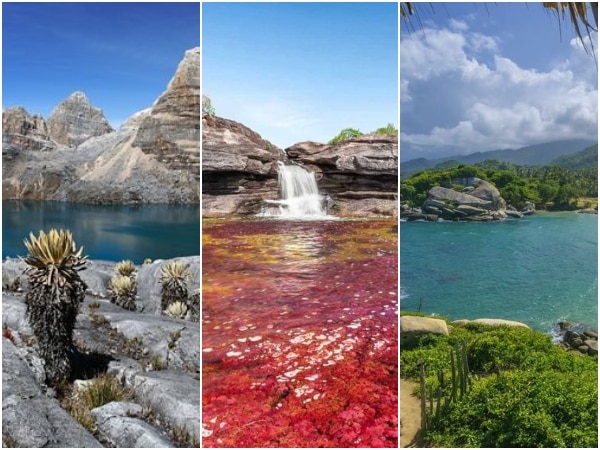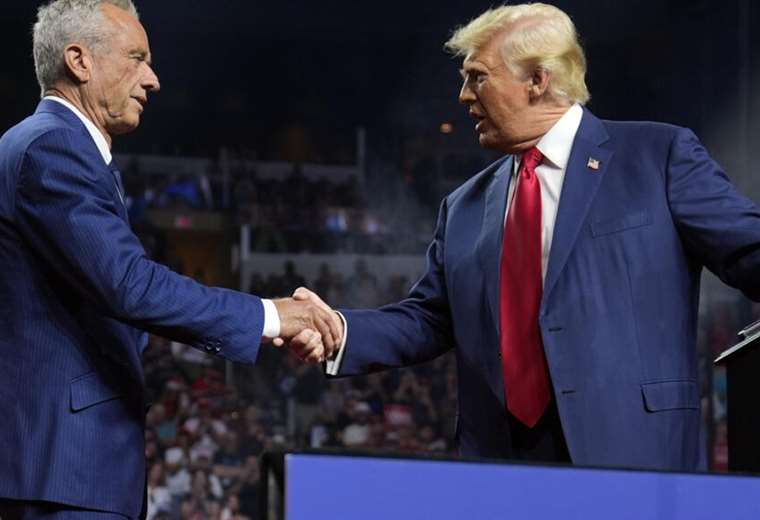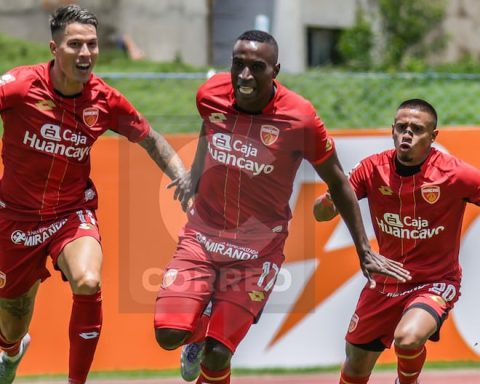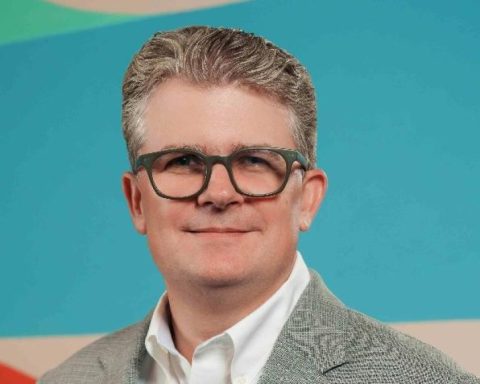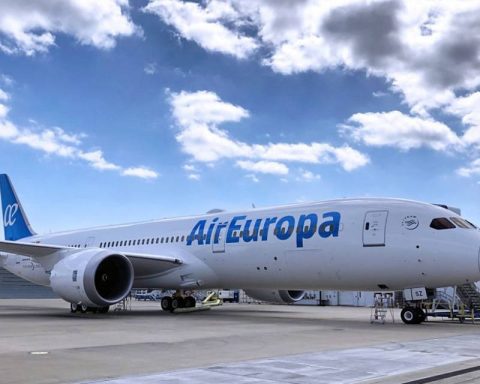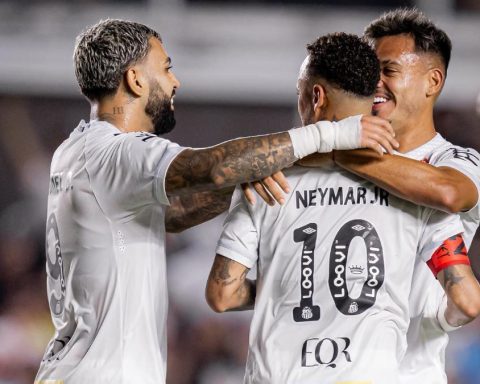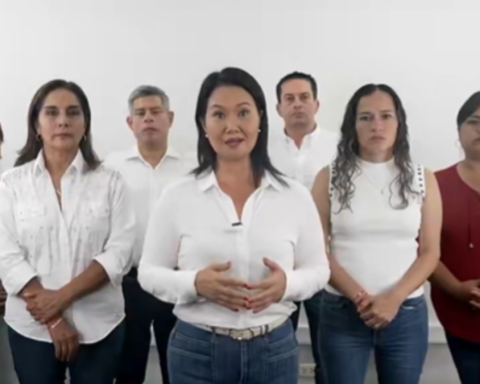Leaders and residents of favelas are meeting this Saturday (24), in several states, to discuss the demands of the communities to be presented at the G20 Summit, next November, in Rio de Janeiro. The mobilization is organized by the Central Única das Favelas (Cufa), in partnership with the Frente Parlamentar das Favelas and the Frente Nacional Antirracista, and is part of a national effort that began in March, with the holding of conferences in more than 3 thousand favelas throughout Brazil.
Now, the state conferences will consolidate a collective agenda, with topics such as security, access to the job market, health, education, culture, local economy, among others. In Rio de Janeiro, the meeting will take place at the CUFA headquarters, located under the Madureira Viaduct, a stronghold of black cultural manifestations, in the northern part of the capital. The expectation is to bring together more than 400 participants.
The founder of Cufa, Celso Atayde, emphasized that favela leaders want to ensure that the voices of the outskirts are heard on the global stage. In Rio, the leaders will decide on the most important issues to be taken to the G20 Summit. “I could say that some of the demands that had the most weight were in the area of health, the fight against religious persecution in the favelas, especially of religions of African origin, and also the opportunities that people released from the penitentiary system should receive. Another topic that was widely discussed was entrepreneurship in the communities, which employs, generates revenue and income, reducing social inequalities,” added Athayde.
These state conferences mark a process of engagement and involvement of favelas in discussions that are important for social development. The aim is to create a robust and cohesive document that accurately represents the demands and perspectives of favelas at the national level.
The G20 Summit will bring to the capital of Rio de Janeiro heads of state and ministers from the 19 richest countries in the world, as well as the European Union and the African Union, to discuss global challenges.
